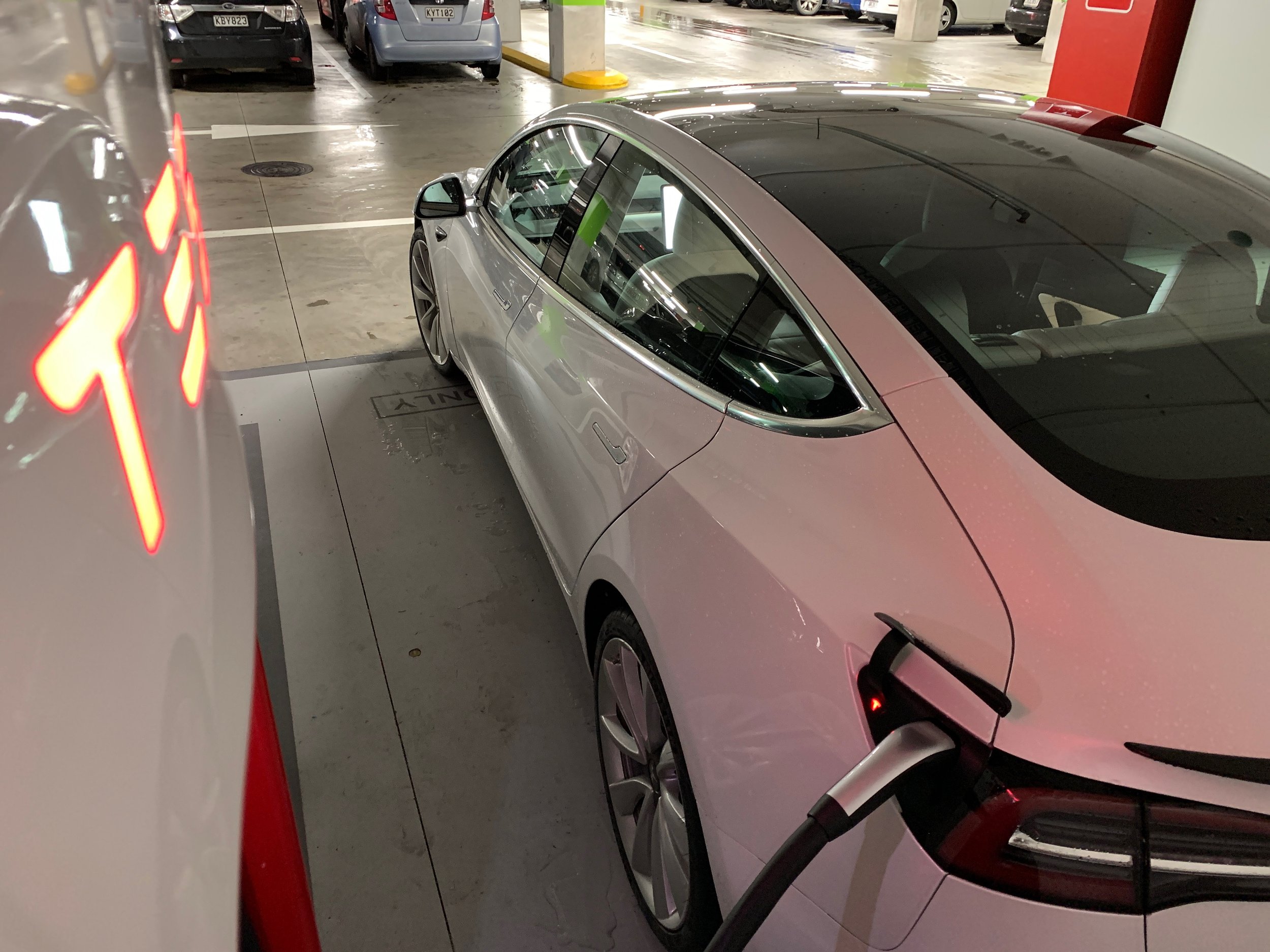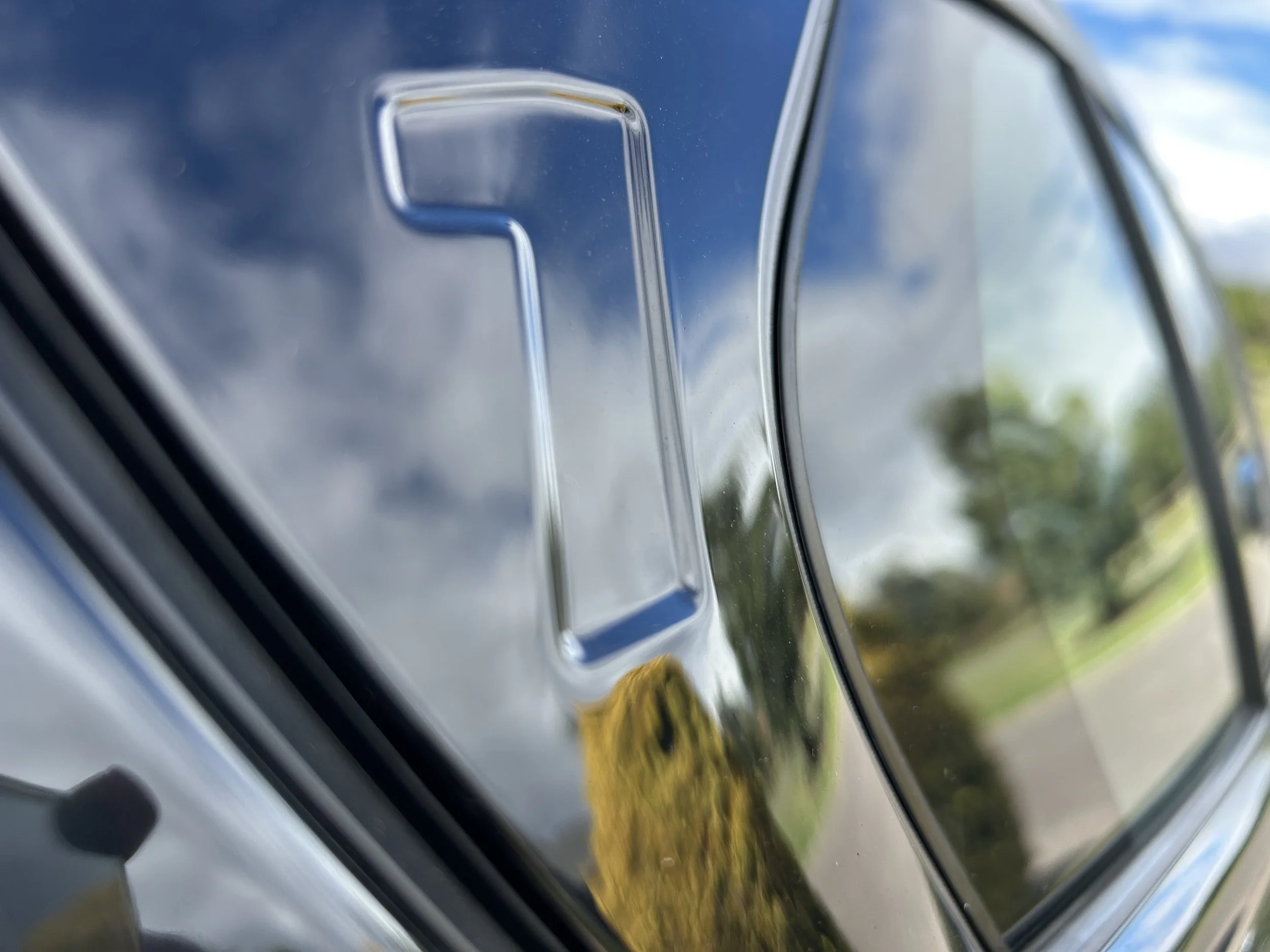Tesla down - but are Musk politics to blame?
/Elon’s EV brand was already in doldrums here before Elon raised his right arm.
ESTABLISHING what effect Elon Musk’s embrace of right wing politics might have on Tesla sales here might prove challenging, as the make was already performing poorly well before his most recent interventions.
Sales in Europe, North America, Australia and China have plummeted in recent months, and some customers in some countries say Musk’s political activism in the United States, with his appointment as a senior advisor to the Donald Trump administration, and support of far right politics elsewhere is to blame.
Tesla global volume has definitely declined - to point of it no longer being the world’s most valuable car brand (that title has reverted to Toyota) - and though he remains the world’s richest man, Musk’s personal wealth has suffered.
Last month’s 59 percent Tesla volume lapse in Germany, where the world’s largest EV maker has its only European factory, added into a culmulative year-on year drop of 76 percent.
In a country scarred by its Nazi past and where any far-right party has been treated with caution, Musk’s support of the extremist AfD - ‘Alternative for Germany’ - party, including throwing a stiff right armed salute to its members, has caused such furore a recent poll said 80 percent of Germans don’t support Musk or Tesla.
A similar outcome was recorded in China, where the Tesla factory supplying New Zealand is based, but that might be less to do with politics and more to do with the market there turning resolutely toward domestic-developed cars.
Overall, around the world, Tesla has by virtue of its Musk tie become a symbol of far-right politics, a stark departure from the environmental consciousness it once epitomised. That massive change has led to two media organisations here now chasing sentiment from Tesla owners, via social media outlets including a popular EV owner Facebook page.
Can that be linked to the issues that have led to Musk being labelled a Nazi, his products as ‘Swasticars’ and protests outside dealerships in the United States, plus incidents of vandalism in Europe and North America?
Tesla interest here is certain down right now; even more so than in Australia, where volume in February slipped 70 percent.
Registrations data from the Motor Industry Association, the body which represents all major distributors of new vehicles - except for Tesla, which declined membership - relates that the its two models available here were desultory performers in February.
However, to keep that context, it is worth also noting that while February was the first month in more than a year when passenger volume grew, despite EV penetration then being double the January count, electrics were still slovenly sellers, well outside the top 10 with 702 registrations nationally.
Even so, the Model 3 sedan and its sports utility spin-off, the Model Y - which have both held status as sector best sellers in the past - were barely attractive, cumulatively accounting for 59 registrations.
That’s less than half the count they accrued in the same month of 2024, when EV sales were in a freefall, spurred by Government having withdrawn incentives that supported interest in both, and well off the volumes achieved in 2023, the last healthy year for electric.
Conjecture Teslarati might be holding off for a facelift Model Y, landing in May, has been proposed but seems unlikely - when Model 3 underwent revision early last year, it also dipped beforehand but never recovered afterward.
As MotoringNZ.com reported in January, EV sales in 2024 were one third the 2023 tally, and the two strongest performers when the technology was hot - Tesla and China’s BYD - lost the most ground last year, each losing more than 70 percent volume.
Last year’s EV count of 6748 cars was less than a third the 2023 total, of 21,611, and volume of plug-in hybrids fell from 8985 cars in 2023 to 3423.
The only electric involved vehicles maintaining consumer interest, were those that barely do: Hybrid cars. With 31,209 registered, this type gained ground.
Industry sentiment is that curtailment of controversial incentives on up-to-$80,000 cars, introduction of Road User Charges, probability interest having also waned once early adopter interest had fulfilled and the degraded economic condition all factored into why interest in EVs short-circuited.
Tesla achieved 1287 registrations last year; 826 being for the Model Y. That was enough to maintain its status as the favourite electric brand, yet was also a sobering drop against its 2023 result when 4906 Model Ys and Model 3s were plated and the ‘Y’ was not just the strongest selling EV, but the third best selling car in the country.
Last year it didn’t even make the top 15.

















